The production of tomato products like paste and tomato sauce in African countries like Nigeria, Cameroon, Kenya, etc, is much harder than in other countries because of the hot weather. The share of the market for this product is on the rise globally.
Nationwide, Nigerian tomato farmers are working to remove agricultural roadblocks so that they can boost the quality and quantity of their harvests and sell their produce in the market.
Despite growing 65% of all tomatoes in West Africa, Nigeria is the world’s leading importer of tomato paste. Because of a number of factors, including the poor quality of tomato output, there are not many tomato paste manufacturers in the country. Over 1.35 million metric tons of fresh tomatoes are lost annually because most growers cannot find a reliable bulk buyer.
To deal with these problems, Tomato Jos, co-founded in 2014 by Mira Metha and Shane Kiernan, is currently buying tomatoes during harvest for processing.
Over a hundred farmers in Nigeria’s Middle Belt have been taught by the company about crop rotation, composting, and drip irrigation by the company so far.
Farmers who have been taught to sell to Tomato Jos typically earn about five times more than they would if they sold their produce at local markets, and this is true even when prices are at their lowest during the harvest season.
The company originally opened in Panda, in the state of Nasarawa, but has since moved to a 500-hectare farm in Kaduna, in the northeast of Nigeria.
Tomato Jos can empathize with local farmers because it has faced and overcome similar difficulties on its own farm, including virus outbreaks, severe weather, and water shortages. Additionally, the firm offers workable solutions.
The company’s efforts to modify production in response to the challenges it faces have resulted in an increase in tomato production from the national average to 40-50 t per hectare. According to Metha, “we think they can reach to thirty tons per hectare if they follow our system,” even though farmers are only earning seven tons per hectare at the moment.
Tomato Jos employs over 20 people on a full-time basis, and everyone who works there is enthusiastic about the company’s mission to improve the financial viability of farming for small farmers in Nigeria.
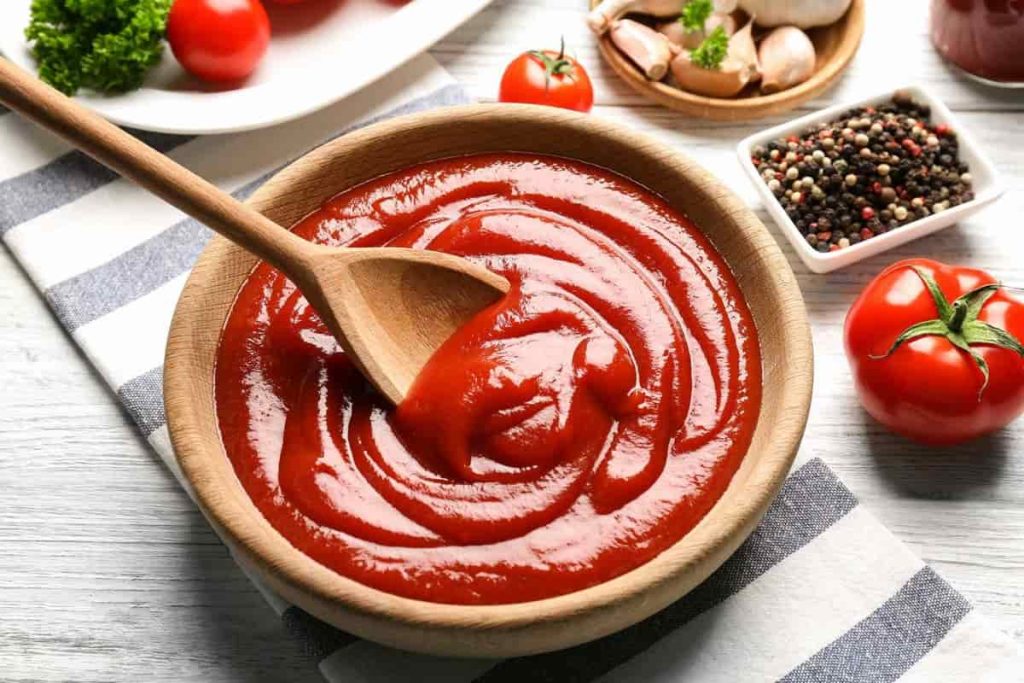
Moreover, young people from nearby towns are recruited to work in the tomato fields, where they assist in watering and fertilizing the crops.
Metha announced in April 2019 that production of tomato paste had begun, and that the company would formally launch in 2020. The paste is currently being sold in 25 kg buckets and 250 kg drums at the local farmers market.
The buckets cost 7,500 yen, which is about €18.50. According to Metha, the drums will be marketed to businesses, while the buckets will be aimed at consumers.
The company plans to expand its farmer network in line with the Federal Ministry of Agricultural and Rural Development so that it can supply 10% of Nigeria’s anticipated annual demand for tomato paste (200,000 t). The company hopes to increase national demand for tomato paste.
As a direct result of agricultural guidance, access to high-quality seeds and fertilizer, and training in appropriate agricultural techniques, tomato farmers in Nigeria are seeing an increase in yields and a reduction in post-harvest losses.
As a result of the glut caused by the sudden influx of tomatoes onto the market at harvest time, farmers lose a significant portion of their crop due to spoilage.
The farmers who grew all these tomatoes are to blame for the current surplus. Tomato Jos, on the other hand, is a social enterprise and agricultural production firm that teaches smallholder farmers how to grow high-quality tomatoes for their tomato paste.
Is it something that interests you to start a business in Nigeria that involves the preparation of tomato paste?
Tomatoes are one of the world’s most widely grown fruits. It thrives in climates with annual precipitation of 500–750 millimeters. The main countries responsible for its production are the USA, Italy, Brazil, India, Thailand, Nigeria, and Chad.
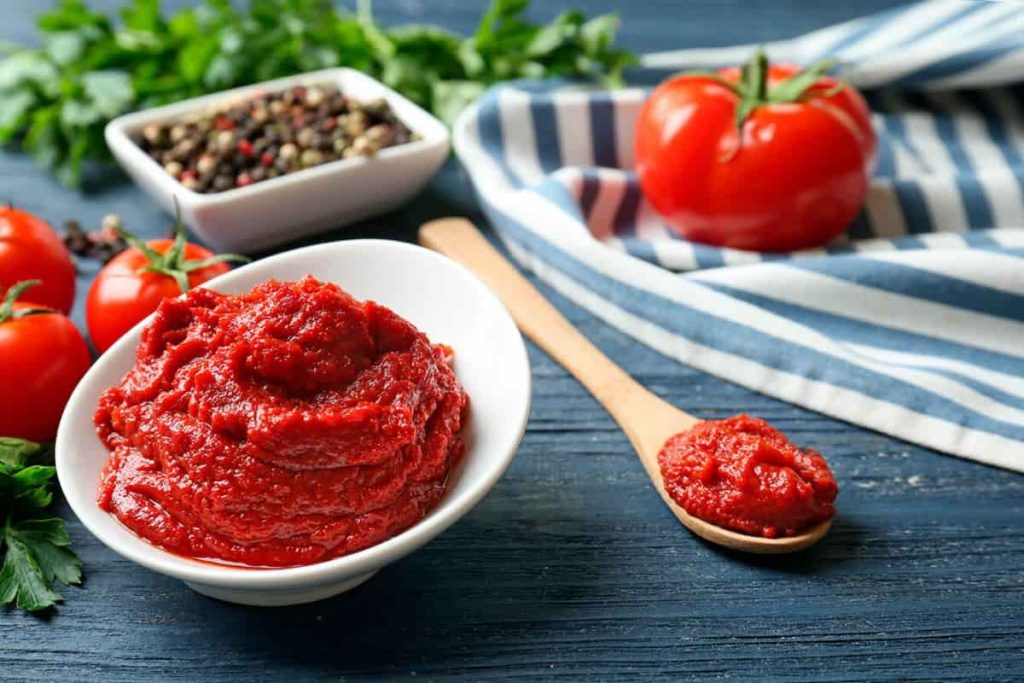
Either fresh or processed fruit is acceptable in Nigerian cuisine. Main production areas for this crop are found in the central belt and northern Nigeria. Some of the most productive regions are the states of Kano, Katsina, Jigawa, Kaduna, Niger, Borno, Kebbi, and Sokoto. Tomatoes have a high concentration of vitamins, carbohydrates, and proteins, making them one of the most popular vegetable crops.
Tomato processing and paste production are major economic drivers in Nigeria.
The country of Nigeria produces a lot of tomatoes each year, but more than half of them go to waste after being harvested. The loss this represents is substantial.
Tomato flesh is so soft and easily torn that it often gets ruined by post-harvest handlings like transport.
Despite its importance to Nigeria’s food industries, the tomato has a short shelf life once it’s ripe. This necessitates transforming it into a format that can survive for longer in cold storage.
There may be a lot of tomato paste brands on the market in Nigeria now, but most of them are just imported pastes that have been repackaged.
Specifically, Nigeria imports at least 65,5909 metric tons of tomato paste each year, with a yearly value of at least $77,167,000,000 USD.
The first step in making tomato paste is selecting ripe, fresh tomatoes and recording their individual weights.
Second, after being hand-picked, the tomatoes are washed to remove any remaining sand and other forms of dirt.
Third, blanch the tomatoes by submerging them in a pot of boiling water for about five minutes, then draining them.
Pulping, or the fourth step, involves a three-pass milling process on the branched-off materials.
After the seed and skin have been removed, the pulp is sieved.
Sixth Step: Boiling After the pulp has been sieved, the water content is reduced by boiling it to a more manageable level (no more than 30%).

Tomato paste is preserved with sodium benzoate at a concentration of 0.03%.
After being packed into sachets, the tomato paste is pasteurized at a temperature of 900 degrees Celsius.
The production of tomato paste begins with the use of raw tomatoes. Printed Aluminum laminated sachet (70g) and boxes are also needed for packaging.
Things like factory uniforms, cleaning supplies, disinfectants, and so on are additional examples. In addition, it is crucial to have access to reliable supplies of water, electricity, diesel, and other services.
Tomatoes are sorted and weighed before being washed, blanched, pulped, sifted, boiled, canned, filled, and packaged.
The skills you need to launch your own tomato processing company are taught in Nigeria on a regular basis. New developments are being discussed that shed light on the many uses and price points of various products. Please visit this link for further reading.
TOMATO PROCESSING INDUSTRIAL EQUIPMENT AND MACHINERY
Tomato processing and paste manufacturing in Nigeria calls for a number of different machines, including a fruit cleanser, fruit processor, pre-heating machine, composting device, vacuum strainer, sterilization, Autoclave, antimicrobial bonding agent, Weighing machine, and more.
NEEDS IN THE NIGERIAN LABOR FORCE IN THE TOMATO PROCESSING AND PASTE MANUFACTURING SECTOR
Professionals and amateurs alike are needed in Nigeria’s tomato processing and tomato paste manufacturing industries.
NEEDS IN TERMS OF LOCATIONAL QUANTITY Only 1.5 acres of land are needed in Nigeria for the processing of tomatoes and paste production.
The all-inclusive business plan for making tomatoes and tomato paste in Nigeria consists of the following:
Methods for both development and operation
The Business Model Canvas through the lens of a Strengths, Weaknesses, Opportunities, and Threats analysis Evaluation of the competition, Administration, etc…
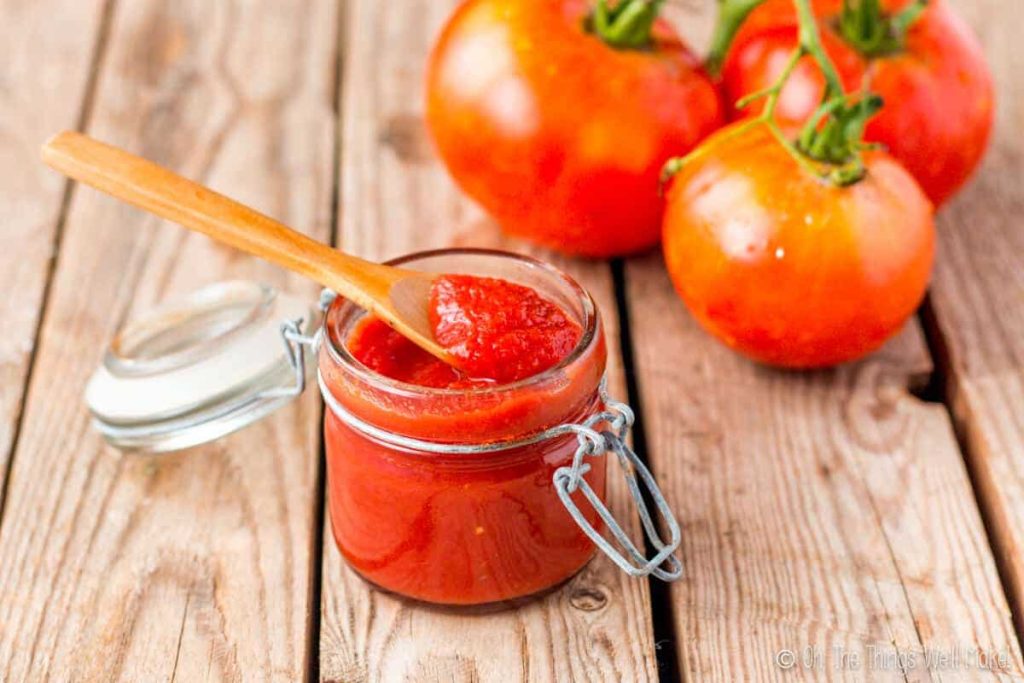
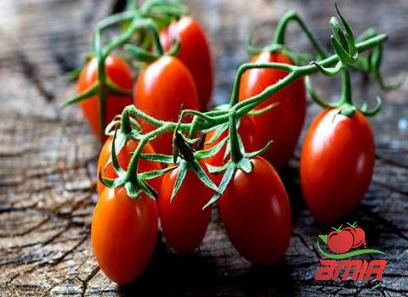
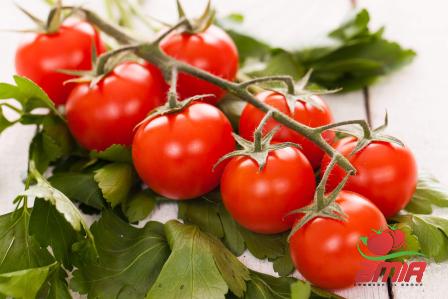
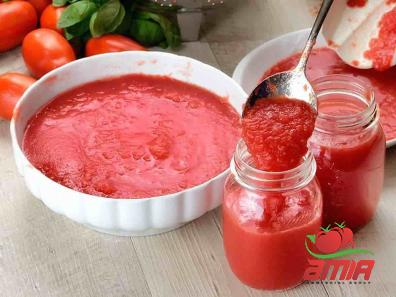
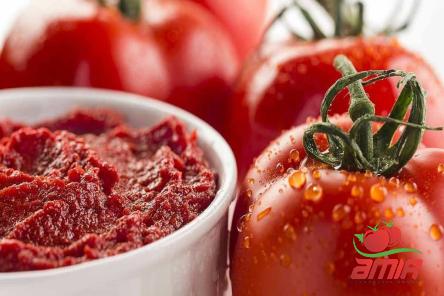
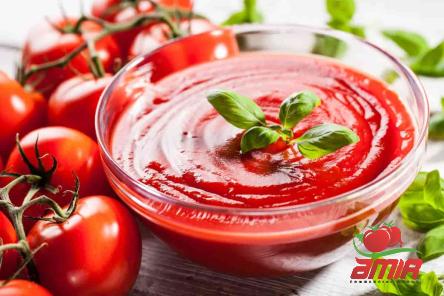
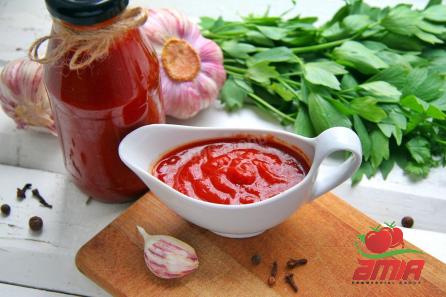
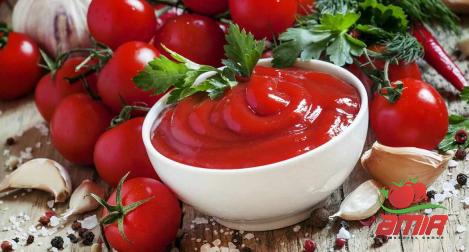
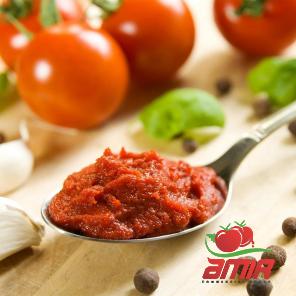
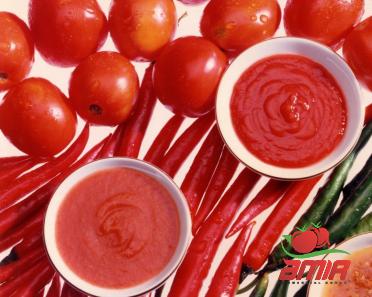

Your comment submitted.